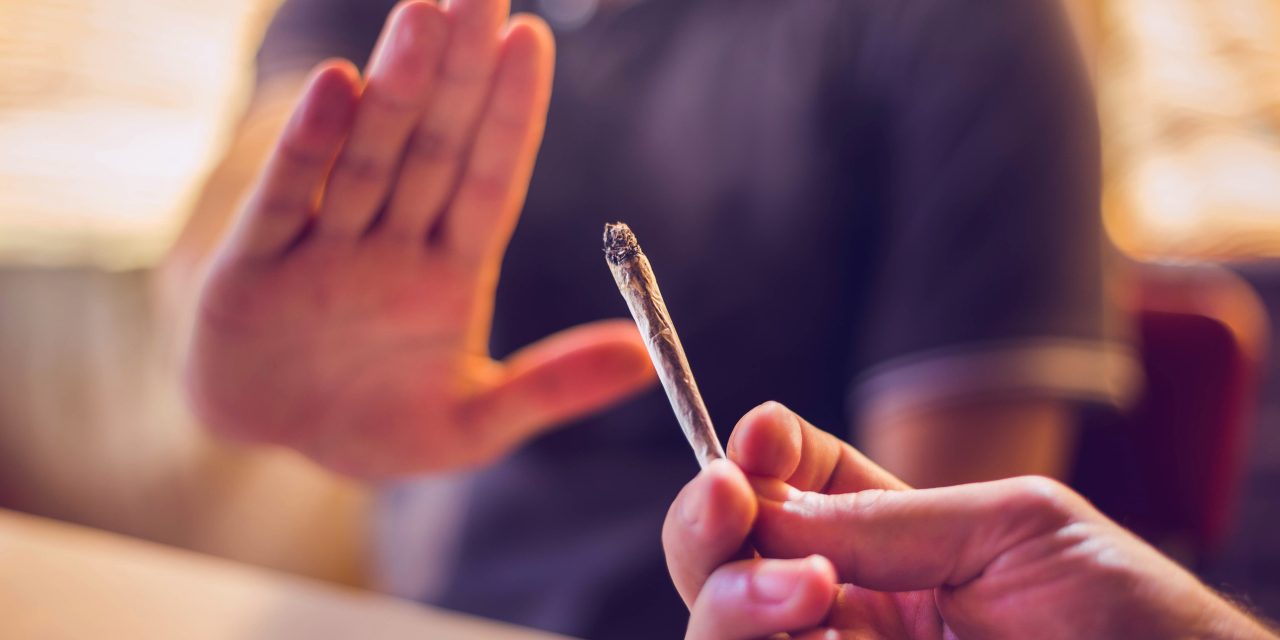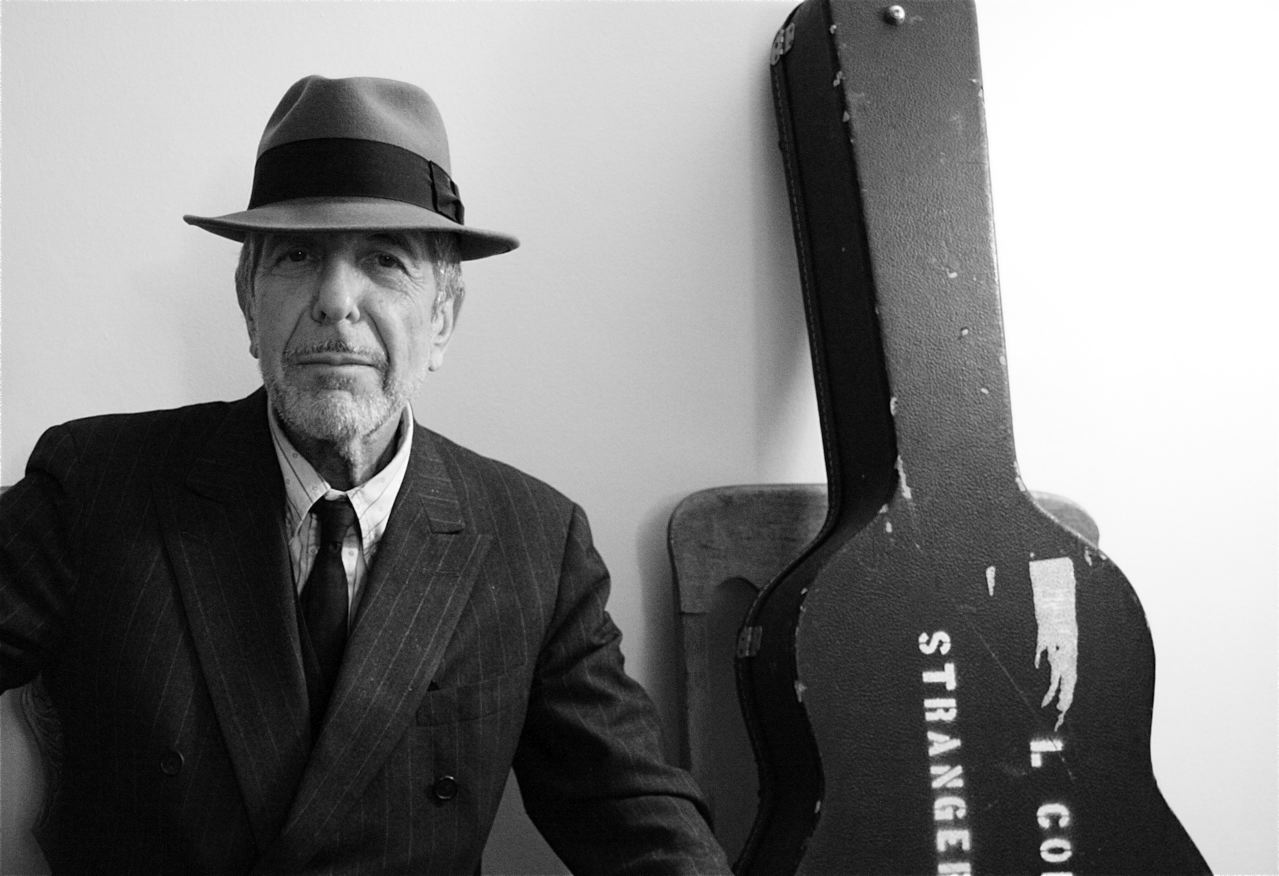By Justin Allec
Your reasons are your own, but as we move into the new year, quitting (or cutting down on) your cannabis use might seem like your best option. Knowing what to expect in the weeks ahead will help you make the successful changes you want to your lifestyle.
Addiction to cannabis is commonly referred to as cannabis use disorder, characterized by habitual (and ritual, if we’re being honest) and frequent cannabis use. Overcoming any degree of cannabis use disorder may be difficult, but there are steps you can take to make the transition easier.
Before going any further, know that if you’re a regular cannabis user, you’re going to go through withdrawal. It’s going to suck. Your brain and body are going to be freaking out because a substance they really like is no longer available. You’re going to experience headaches or stomach aches, you may experience depression, restlessness, irritability, anxiety, and even fevers. You will sweat in your sleep and have the messiest dreams of your life. Your appetite will be disrupted. You will feel bad and want to go back to cannabis.
Most cannabis studies on withdrawal position the third day as the worst. Getting to that point will be difficult but once you’re past it, the withdrawal symptoms will gradually taper off. Without minimizing how difficult that process is going to be, there are many external elements that you can put in place to help you succeed.
The first element to decide is your plan. Are you quitting cannabis forever, or do you still want to indulge on the odd weekend? Are you trying to reduce it to once a day, or do you want to save it for special occasions? Pick a date that you want to start by and make ‘X’s on the calendar if it helps. Many people find reducing their intake is easier and gentler than quitting cold turkey. If you use one gram a day, try reducing it to half for a week and see how it goes.
Having a goal will also help, and it’s something to share with your support network. People who know what you’re trying to do will help keep you accountable and support you in your plan. If those in your immediate circle can’t support you in this, look towards more formal addictions programs or your health-care providers for help.
You’re going to have to change your routines and lifestyle. If you’re serious about quitting, get rid of all your cannabis and accessories. Sell them off or give them away. Relapses are usually opportunistic, so if you don’t have the gear around to tempt you, it’s more likely you’ll stick to your plan. That said, you’ll need to come up with something to replace the role that cannabis had in your life, and it can’t be another substance.
For example, a terrible day at work might mean you head home and zone out with some cannabis, junk food, and television. The new you, however, will need to deal with the trigger of the terrible day without the calming ritual that formerly made up your evening. How can you healthily cope with a bad day at work? What do people in your support network do to manage their stress? Knowing what drives you to use cannabis can help you understand how to manage those situations so you don’t get triggered.
As well, think of what you’ll do with your time instead of using cannabis. Maybe you still do tasty food and television to cope, but instead keep your hands busy with a craft? Many people find that they need new hobbies, exercise, and interests once they’ve quit cannabis both because they have more time and to keep them from focusing on the lack of cannabis.
Any advice beyond this is to take it day by day, lean into your support network, and be kind to yourself. Lifestyle changes are tough, but they’re also worth it.
For support with addiction, contact ConnexOntario at 1-866-531-2600.















